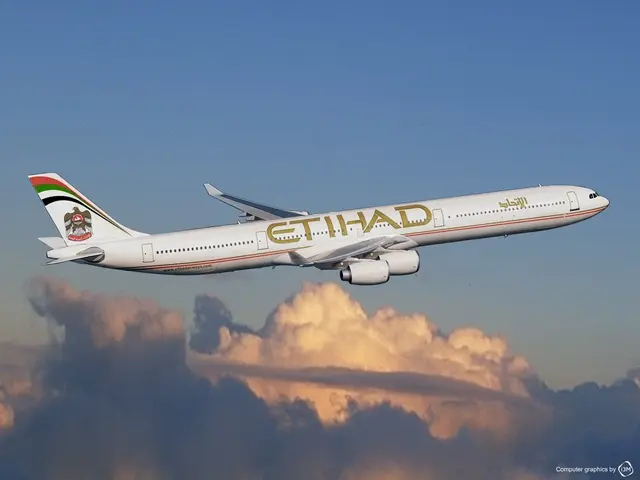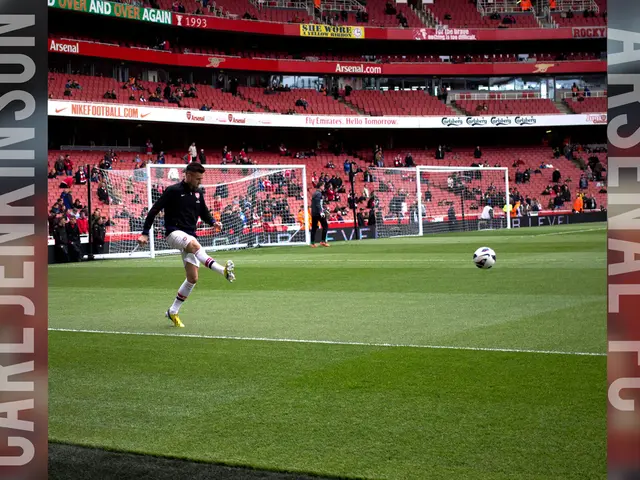German train drivers are considering an indefinite strike, following a contentious wage and working hours dispute with Deutsche Bahn. GDL union leader Claus Weselsky has called for members to vote on this potential action, as Deutsche Bahn has yet to negotiate on working hours. The GDL requires a 75% approval rate for an unlimited strike, with no specific voting deadlines set at this time.
While Weselsky has indicated that additional warning strikes could occur, he has ruled out strikes during the Christmas period. Negotiations for a new collective agreement have resulted in demands for a minimum €555 salary increase and a tax-free €3,000 bonus over a year, which Deutsche Bahn has countered with an 11% salary increase and a comparable bonus.
The real crux of the issue lies in GDL's request to reduce working hours from 38 to 35 hours, while Deutsche Bahn refuses to negotiate on this matter due to the necessity of 10% more staff to compensate for the labor shortage.
Interestingly, Deutsche Bahn is currently negotiating wages with the EVG union, who are seeking a 7.6% pay raise. If no agreement is reached by March 2025, the risk of strikes significantly increases. This political uncertainty surrounding the upcoming federal election on February 23, 2025, only adds to the potential for structural changes within Deutsche Bahn that could impact labor agreements.
Historically, railway sector labor disputes in Germany can be prolonged, as seen in the 2023 GDL train drivers' union strike, which led to nationwide strikes and service disruptions. This serves as a reminder of the potential impacts of any unresolved disputes on rail operations.
Despite the three-day strike announced for January 10-12, 2024, not affecting Westbahn services between Vienna and Munich, the broader context suggests that any significant changes in working conditions or wages could result in further negotiations and potential disruptions to rail services.








